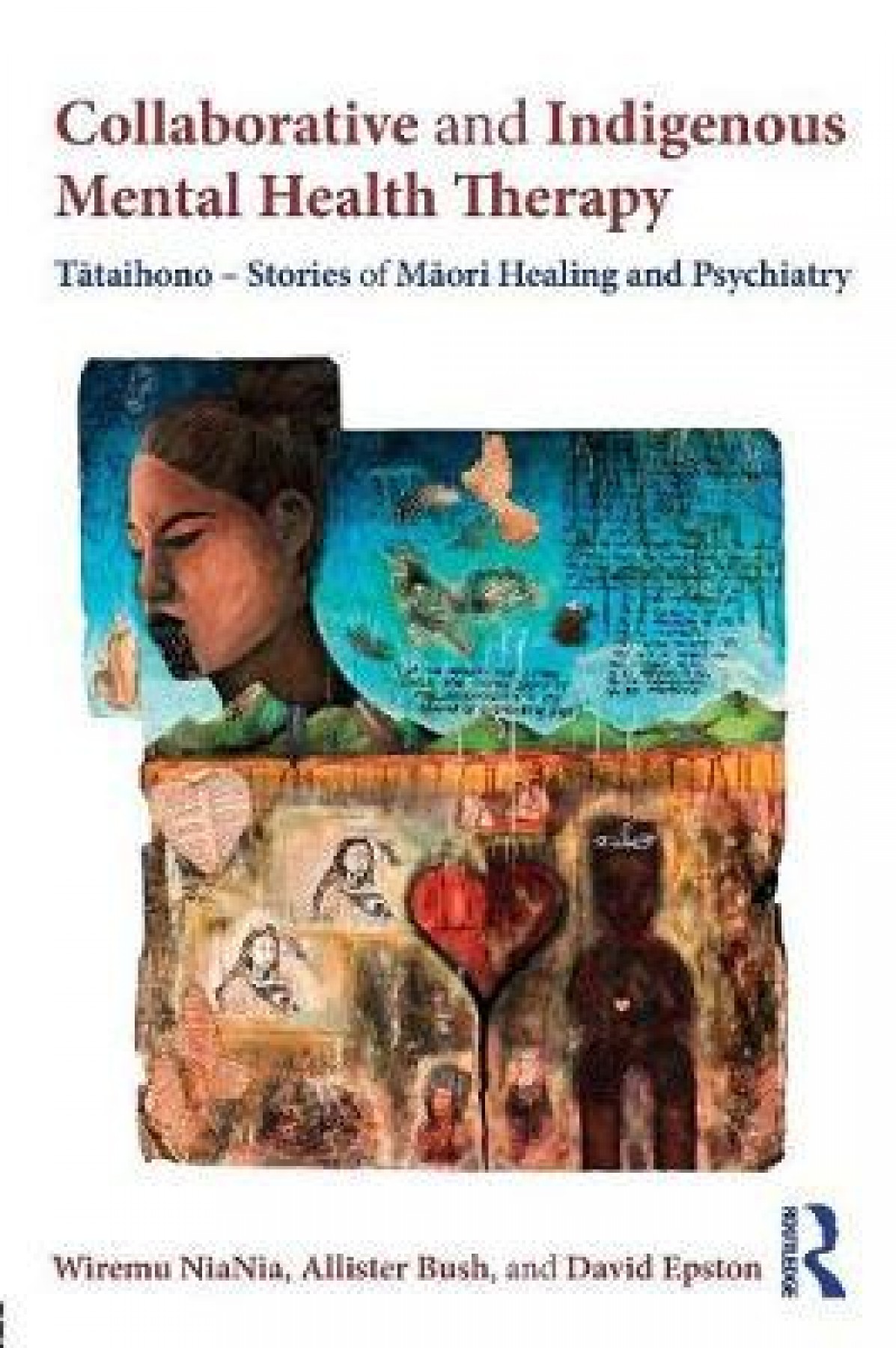This book is about understanding the paradigm of traditional Māori mental health practices and how they can work in line with Western models of medicine. It’s about the acceptance of Māori cultural needs and understanding how that works in the rehabilitation of Māori clients. And of course the acceptance of a Māori world view by clinicians is always a factor in the recovery of Māori clients.
Each chapter in the book recounts the story of a young person and their family’s experience of Māori healing. One of these stories is about a 17-year-old named Shannon.
Her world was rocked by the death of her paternal grandmother, which she was not prepared for. She descended into drugs and alcohol. Her grandmother had been her rock, she was faced with the fact she no longer had a shoulder to lean on, someone to cry with, confide in, or laugh with, and that’s when her world spiralled into a dark hole.
I read this book and had to gather my thoughts around partnerships and indigenous wellbeing. Yes, there is room for us to practice our cultural practices within mainstream, but my thoughts will always be, how will our Treaty partners accept this?
There is a quote from my uncle Sir James Henare: “We have come so far not to go further; we have done so much not to do more.” It’s up to us how far we travel together, to ensure the wellness of whānau, and how we can work together always for our whānau to flourish.
My review ends with two of the authors – Wiremu Nia Nia, a cultural therapist who brought his gift of tohungatanga to Te Whare Marie, a Māori mental health service in Porirua, and Allister Bush, a psychiatrist – and how they combine their skills for the wellbeing of their clients and how both can flourish with the best of intentions, as in the story of Shannon.
I highly recommend this book. Please read it.
Mauri ora.
Reviewed by Witeria Ashby, Kaitakakawaenga at the Mental Health Foundation

